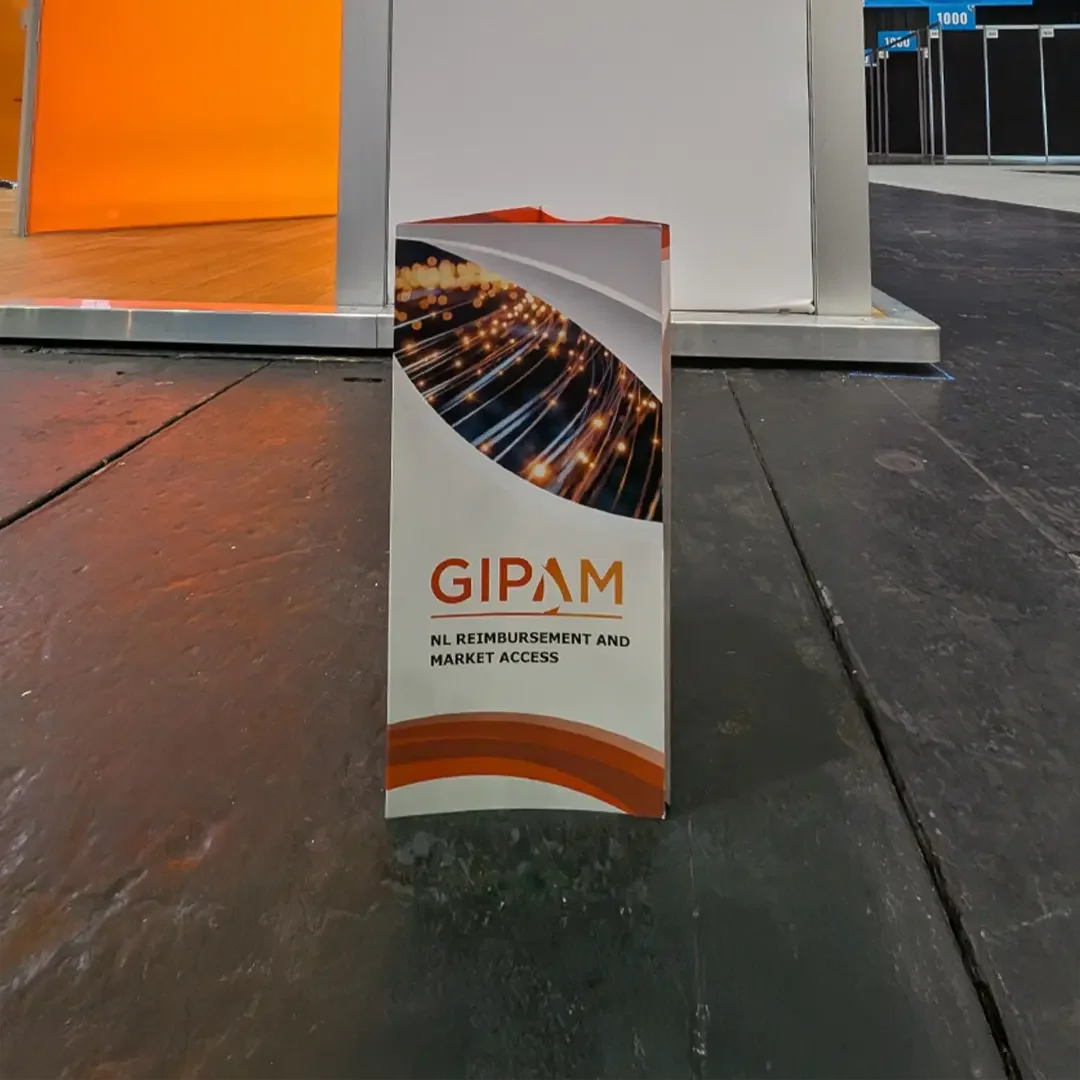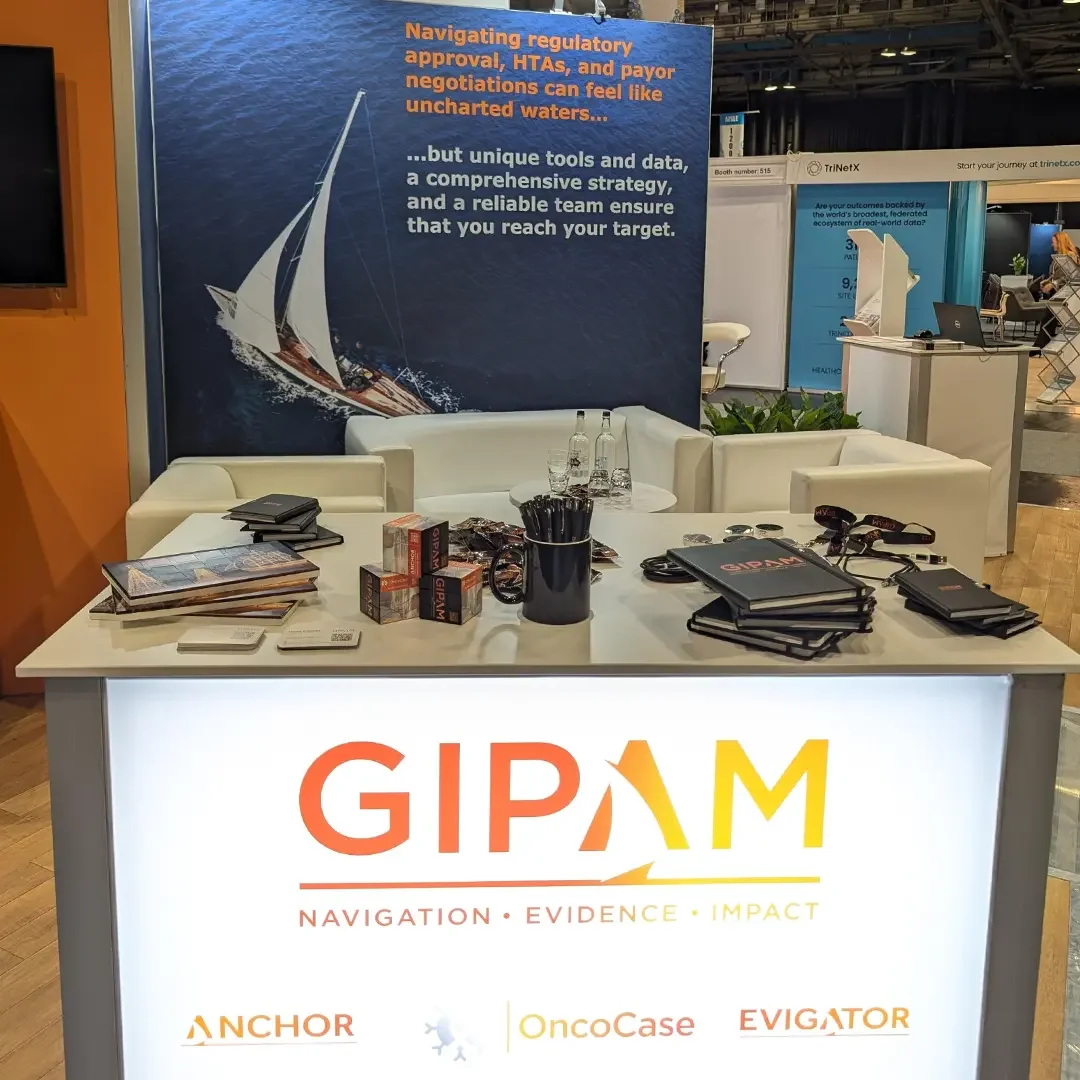A New Era for EU Drug Evaluations? Understanding the European Commission’s Updated JCA Guidelines
The European Commission (EC) has published its official implementing regulation, detailing procedural rules and timing for the new joint clinical assessments (JCA) of medicinal products at the Union level. The regulation covers the following aspects:
Interactions between the HTA Coordination Group, its subgroup, pharmaceutical manufacturers, patients, clinical experts and other relevant experts during the JCA
Selection and consultation of stakeholder organisations (i.e., patients, clinical experts and other relevant experts)
Format and templates for the JCA dossier & reports
Cooperation with EMA on the preparation and update of JCAs
The Implementing Regulation C(2024)3320, pursuant to Regulation (EU) 2021/2282 on Health Technology Assessment (HTA), has undergone several changes following the feedback round. Here are the key updates:
Scope Explanation Meeting: Pharmaceutical manufacturers can request a scope explanation meeting, which is an opportunity for clarification and guidance on the assessment scope. This meeting must occur no later than 20 days from the finalisation of the assessment scope. Such meetings can help ensure that pharmaceutical manufacturers fully understand the requirements and expectations, potentially improving the quality and relevance of their dossiers.
Extended Finalisation Window for JCA Dossier: Pharmaceutical manufacturers now have an additional 10 days (totaling 100 days) to finalise their dossier, allowing more time to compile and refine submissions and ensure comprehensive and accurate information.
Appeal Process for Confidentiality Redaction: Pharmaceutical manufacturers will now have the right to appeal decisions regarding the refusal to redact confidential information during the factual accuracy check. This appeals process provides a formal mechanism for pharmaceutical manufacturers to contest confidentiality decisions, thereby protecting sensitive information more effectively.
These changes are designed to streamline the dossier preparation process, enhance clarity for pharmaceutical manufacturers, and safeguard proprietary information, ultimately contributing to a more efficient and transparent evaluation process.
Despite these positive updates, several challenges to pharmaceutical manufacturers remain, including:
Extensive Data Needs: Requirements for JCAs are stringent and often exceed those requested for market authorisation. Manufacturers must adapt their research strategies to align with these specific requirements and ensure that they have robust clinical data to support the JCA, including comparative effectiveness data, which can be resource-intensive to generate.
Compliance with Deadlines: Effective anticipation and adaptive preparation for the JCA questions are crucial for completing the dossier within 100 days after the final PICO criteria defining the assessment scope are announced. Delays in the JCA process can affect the overall time to market for new health technologies. Automated or AI-supported solutions for data processing and reporting are essential to finalise these tasks on time.
Administrative Effort: Conducting JCAs requires significant financial and human resources. Smaller companies, in particular, may struggle with the resource demands of providing the necessary data, preparing submissions, and engaging with the regulatory process.
Cross-Border Coordination: Effective collaboration with stakeholders across different EU countries is essential but can be logistically challenging. Differences in language, regulatory culture, and healthcare systems require the industry to develop strategies for effective cross-border communication.
Our team of experts continuously monitors regulatory changes to provide the most current and effective support. At GIPAM, we can assist you in addressing these challenges by offering robust regulatory strategies, access to large databases, effective project management, and close stakeholder engagement practices, helping you successfully navigate the European JCA landscape.



